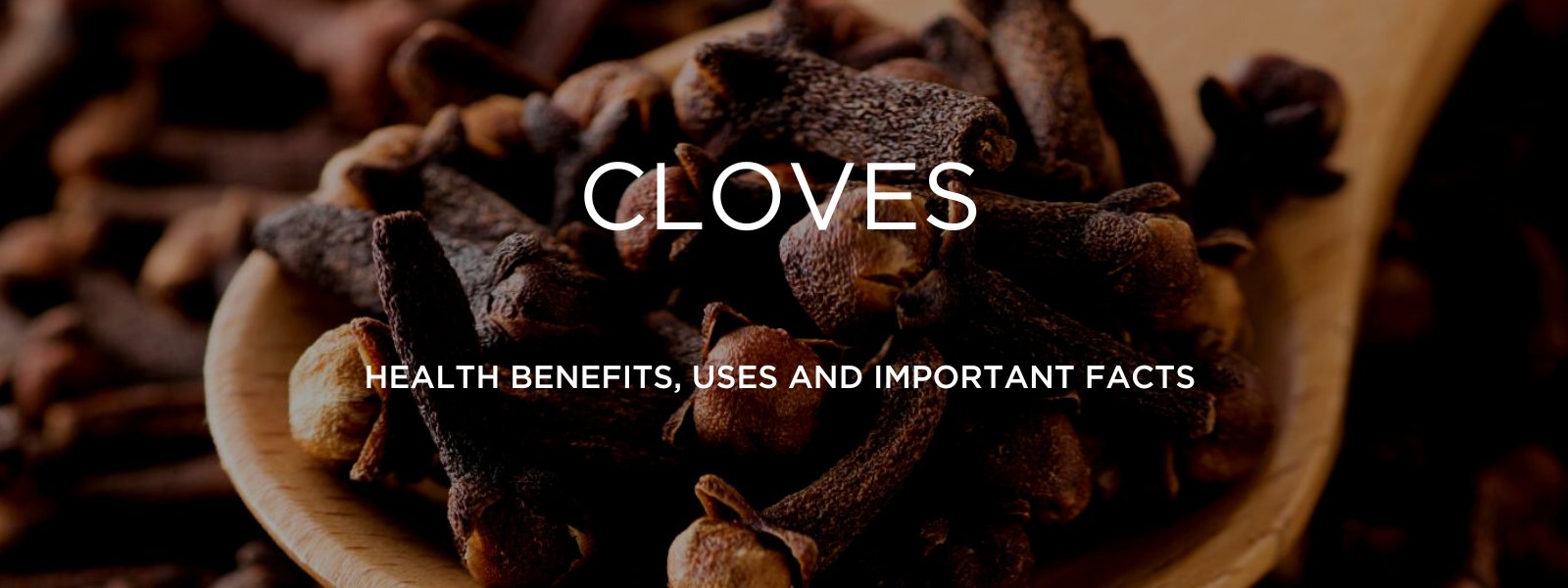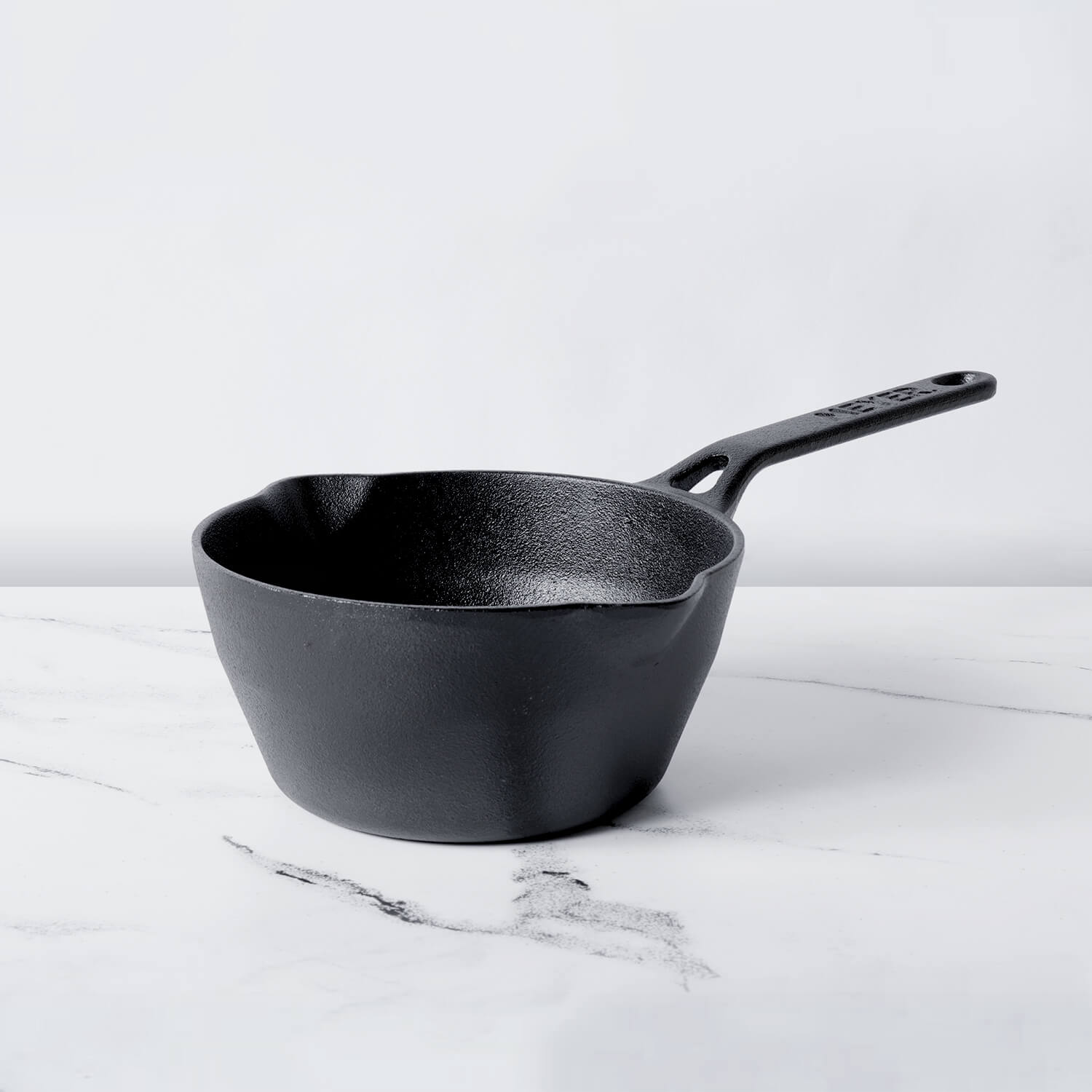One of the essential ingredients of the Dashmula is the outstanding medicinal plant kantakari (ten roots of ayurvedic formulation). It also goes by the name "Indian nightshade or Yellow berried nightshade," and it is a member of the Solanaceae family and has the scientific name Solanum virginianum. This healing plant can be found all over India and thrives in sandy soil. Kantakari's expectorant properties, which aid in clearing mucus from the respiratory system and preventing asthmatic attacks, make it an extremely valuable treatment for respiratory conditions like the common cold, cough, and asthma. According to the ayurvedic literature, consuming Kantakari powder with honey or water aids in promoting the Agni, which stimulates digestion (digestive fire).
Table of Contents
Kantakari plant:
Blueish-purple blooms cover the perennial plant kantakari. The cylindrical root is 10-45 cm long and has several tiny rootlets. Young branches of this plant have many hairs covering them, while the stem is green. The herb's exterior is a light green colour that changes to a yellowish-green colour as it dries. Ellipsoidal-shaped leaves produce globular fruit that is 0.8 to 1 cm in diameter. The immature fruit is multicoloured with white and green stripes, whereas the ripe fruit is yellowish with a white tint. It grows wild along roadsides and in wastelands and is native to Rajasthan, Gujarat, Madhya Pradesh, and Haryana. There are various ayurvedic remedies that use the entire plant, whether it is fresh or dried.
Uses of Kantakari:
One of the most priceless medicinal plants, kantakari has been used in ayurveda therapies for ages. Asthma, cough, and colds can all be effectively treated with this herbal powder. Joint discomfort can be reduced by rubbing a paste made of Kantakari powder on the affected areas. By massaging the scalp with equal parts Kantakari juice and water, you can prevent hair loss and encourage the development of a thicker, fuller mane.
Health benefits of Kantakari:
- Cures asthma
An inflammatory chronic lung condition of the airways is asthma. The kantakari plant has a great number of uses for managing asthma symptoms and preserving lung health. The chemical histamine serves as a mediator for asthma in humans. The strong antihistaminic properties of Kantakari extract prevent the histamine-induced constriction of the airways. Additionally, the bronchioles are widened by the Kantakari formulation, which also lessens swelling and mucus production. Additionally, Kantakari powder prevents respiratory allergies, the common cold, and sinusitis.
- Treats urination issues
The Kantakari herb's inherent diuretic properties cause an increase in urine production and the removal of toxic substances from the body. By removing salt from the body, this herb lowers blood pressure. Additionally, Kantakari's antibacterial property prevents bacterial growth and treats symptoms of a urinary tract infection such burning urination, frequent urination, excess urination, back pain, vomiting, and weakness.
- Improves liver health
By preventing the harm caused by free radicals, the hepatoprotective and antioxidant properties of Kantakari extract prevent the oxidation of healthy cells. This medical mixture helps the liver function properly and regenerate new cells while also enhancing the liver's metabolism.
- Facilitates digestion
Extract from kantakari is effective in treating indigestion and enhancing digestion. Agnimandya (weak digestive fire), which is brought on by an aggravated Kapha dosha, is the main cause of indigestion. Consuming Kantakari powder helps to maximise Agni (digestive fire) and makes it easier for meals to be digested. This is ascribed to Kantakari's Deepan (appetiser) and Pachan (digestive) properties.
- Encourages Hair Growth
Aggravated Vata dosha, which causes hair to be dry or flaky, is the primary cause of hair loss. As a result of its Vata-pacifying properties, the herb kantakari is very good at preventing hair loss and encouraging hair growth. Applying Kantakari juice to the scalp on a regular basis prevents hair fall and strengthens hair roots.
Frequently asked questions on Kantakari:
Q: Is Kantakari a drug used in Ayurveda?
A: Kantakari is indeed employed in Ayurvedic medicine. The Ayurvedic medical system's Dashmula includes Kantakari as one of its constituents. It is included in the Indian Ayurvedic pharmacopoeia.
Q: What is the English name for Kantakari?
A: In English, kantakari is referred to be a febrifuge herb.
Q: How are teeth treated with kantakari?
A: To treat toothaches, apply dried fruit ash.
Q: What advantages does Kantakari have for diabetes?
A: Kantakari extract has demonstrated benefits for decreasing blood glucose.
Q: How should Kantakari leaves be applied to the skin?
A: The leaves of the Kantakari plant can be used to form a paste. To receive the advantages, apply this paste to the skin. Before taking anything, you should speak with a skin doctor if you have any skin conditions.











Leave a comment